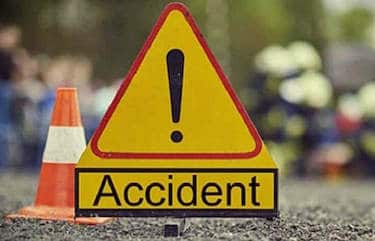What is an “Accident”

Definition of an Accident

After I started writing about the BP/Transocean Deepwater Horizon accident, I had several people write that I should stop using the term accident because it implies there is nothing that can (or could have) been done to stop “an accident” from occurring.
So, I thought I would look up an official definition of the word and see if I was misusing the term.
Here’s the definition from Merriam-Webster’s On-Line Dictionary:
1 a : an unforeseen and unplanned event or circumstance b : lack of intention or necessity : chance <met by accident rather than by design>
2 a : an unfortunate event resulting especially from carelessness or ignorance b : an unexpected and medically important bodily event especially when injurious <a cerebrovascular accident> c : an unexpected happening causing loss or injury which is not due to any fault or misconduct on the part of the person injured but for which legal relief may be sought d —used euphemistically to refer to an involuntary act or instance of urination or defecation
3 : a nonessential property or quality of an entity or circumstance
Is the Deepwater Horizon Blowout an Accident?
I think the definition covers events like the BP/Transocean Deepwater Horizon explosion, the BP Texas City refinery explosion, Three Mile Island, … . Especially when you consider 2 a and 2c
2 a : an unfortunate event resulting especially from carelessness or ignorance.
2 c : an unexpected happening causing loss or injury which is not due to any fault or
misconduct on the part of the person injured but for which legal relief may be sought
In both of these cases, you can do something (or could have done something) to prevent the accident.
Accidents are not “unpreventable.” They are un-prevented.
I Will Continue to Use the Word “ACCIDENT”
Therefore, I will continue to use the word accident, knowing we can do something about accidents. Either proactively (before they happen to prevent them) or reactively (after they happen to prevent them from happening again).
After all, that’s what TapRooT® Root Cause Analysis is all about – proactively or reactively preventing accidents.
For more about TapRooT® Root Cause Analysis Training, see THIS LINK.

To see the dates and locations of our upcoming public TapRooT® Courses, CLICK HERE.



